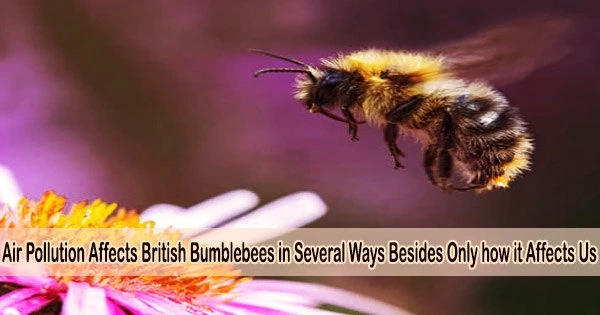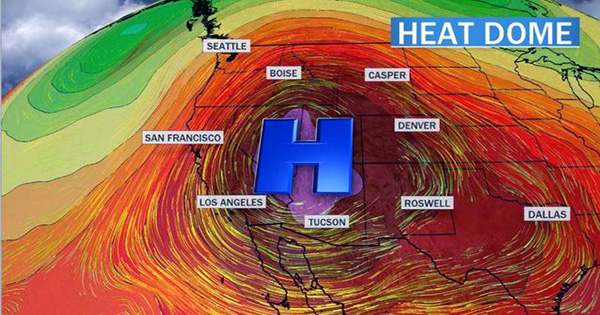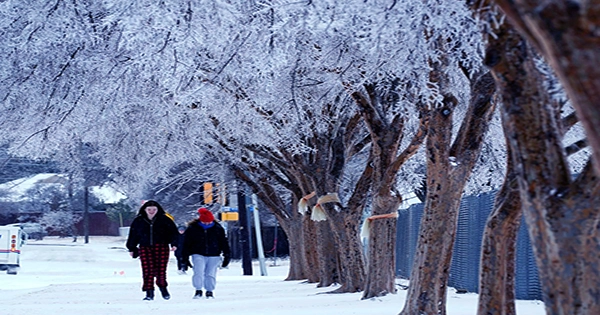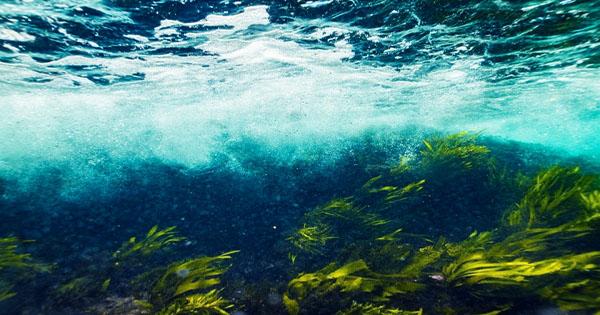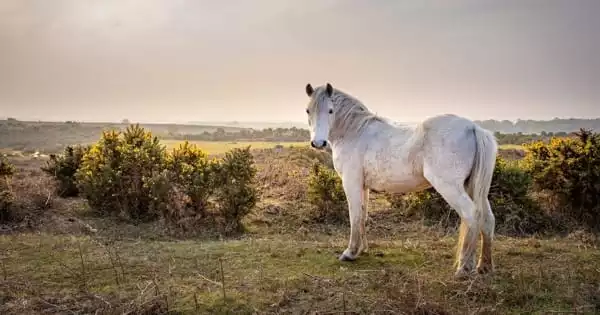Air pollution refers to the presence of harmful substances in the Earth’s atmosphere, which can have adverse effects on human health, the environment, and the overall quality of life. These substances, known as pollutants, can be either natural or man-made.
The complex web of bacteria that surrounds us is impacted by air pollution, according to recent research from the University of Leicester in the UK. The Leicester team is examining if these two variables are related because bee populations are dropping globally as well.
A population of helpful bacteria essential to preserving the health of bees is called the gut microbiome, and researchers are now examining how air pollution may affect it.
The team is investigating how air pollution affects the microbiome and beneficial gut bacteria of bees, and how this affects bee health.
Dr. Hannah Sampson, first author on the study, explains “We know that pollution is a massive issue globally and we know that bee decline seems to be increasing over the last few years. Maybe they’re linked, as bees are constantly exposed to these pollution particulates in the air.”
The delicate stomach microbiota of the bumblebee has developed along with bee species over millions of years. Bee health depends on the balance of bacteria in the gut microbiome, and any alteration to this microbiome could endanger not only bee health but also pollination and the security of the world’s food supply.
More research needs to take place as air pollution is having a much greater impact than we think. Air pollution affects microbial communities. Changes to these important communities could have detrimental effects on lots of different ecosystems that affect bees and also directly affect humans.
Dr. Hannah Sampson
Snodgrassella alvi is a beneficial member of the bee gut microbiome, that colonises bees’ large intestine in a structure called a biofilm. A biofilm is a protective matrix that promotes bacterial colonisation on surfaces (e.g. like plaque on teeth). S. alvi is especially important as it is one of the initial colonisers of the bee gut microbiome.
Dr. Sampson, part of the air pollution bacteria team led by Professor Morrissey at the University of Leicester, grew S. alvi in lab conditions and exposed it to black carbon air pollution. She discovered that S. alvi’s behavior, as well as the composition and development of the bacteria’s biofilm, were altered by exposure to black carbon. This is concerning because any change could have an impact on the general makeup and operation of the bee gut microbiome.
Researchers also looked at the effects of black carbon pollution on live bumblebees. To look for any variations, they collected samples from bees before and after exposure and assessed the quantity of bacteria in their guts.
The abundance of two helpful bacteria, which are essential to the wellbeing of the bee gut microbiome, was found to have changed significantly, according to the study’s findings.
Whilst Dr. Sampson urges caution on concluding that air pollution directly contributes to bee population decline from this initial study, she is clear on the importance of understanding this interaction to learn how to better protect our planet:
“More research needs to take place as air pollution is having a much greater impact than we think. Air pollution affects microbial communities. Changes to these important communities could have detrimental effects on lots of different ecosystems that affect bees and also directly affect humans.”
Air pollution is a global issue, and international collaborations aim to address its challenges. The World Health Organization (WHO) and United Nations Environment Programme (UNEP) work towards raising awareness, setting air quality guidelines, and facilitating policy development and implementation at the national and international levels.
